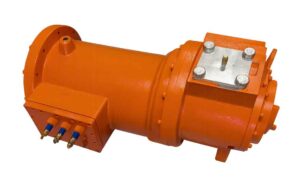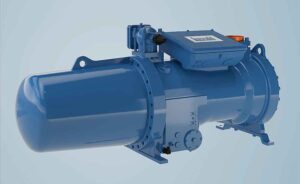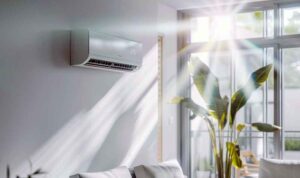Heat-transfer fluid boosts cold store efficiency
20th August 2025
IRELAND: A heat-transfer fluid employing sub-micron particles of aluminium oxide is said to have achieved a 13% reduction in chiller energy consumption at a pharmaceutical cold storage facility in Malaysia.
The fluid, Maxwell, is described as a non-toxic, fully recyclable additive that enhances heat transfer in industrial HVAC systems.
In addition to energy savings, the retrofit installation is said to have resulted in operational improvements and increased system capacity for market expansion services company DKSH Malaysia.
For the DKSH Malaysia project, adding Maxwell led to a 13% reduction in the chiller’s energy consumption, for a projected annual savings of 600,000kWh and a payback period of 2.1 years.
According to Maxwell’s developer, HT Materials Science (HTMS), DKSH can also expect reduced wear and tear on the facility’s HVAC equipment, longer system lifespan and lower maintenance costs due to reduced scaling and improved fluid dynamics.
Treated with corrosion inhibitors and biocides, Maxwell is simply injected – at only a 2% concentration – into the fluid loop of mechanical systems. It is said to be suitable for any closed-loop cooling and heating systems using water or glycol as the primary fluid. Compatible equipment includes air- and water-cooled chillers, water-source heat pumps, air handling units and heat exchangers.
The installation was procured and engineered by Tri Quantity Sdn Bhd, an energy management and audit company based in Malaysia.
HT Materials Science was founded in 2018, and is headquartered in Ireland with manufacturing in Italy and sales offices in the US, Europe and the Middle East.
Maxwell is the company’s flagship solution that boasts an increase in energy efficiency of up to a 15% for most HVAC and process cooling systems.
Three versions are available: Maxwell W for water-only systems, Maxwell PG compatible with water and up to 50% propylene glycol concentration, and Maxwell EG for applications with water and up to 50% ethylene glycol.







